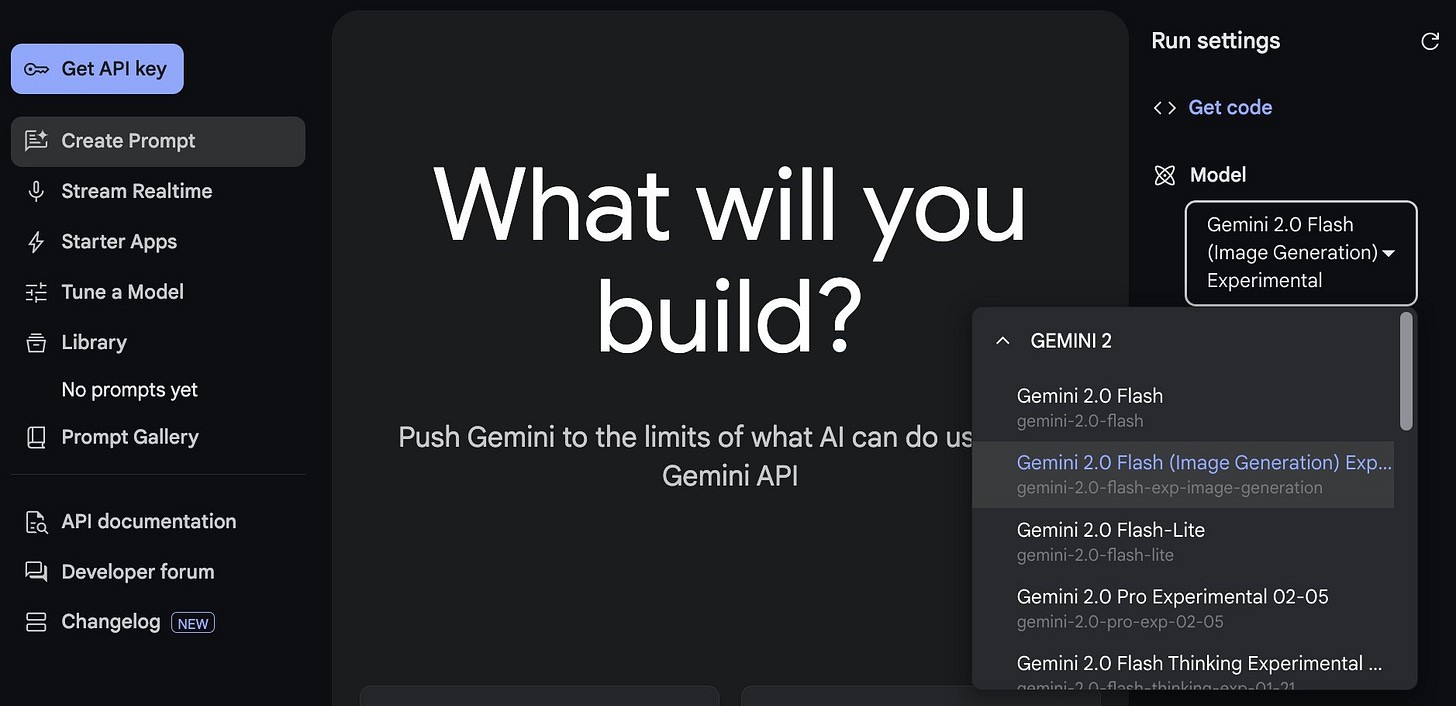Google AI's Confident Nonsense: When Artificial Intelligence Makes Up Meanings for Fake Phrases
Google's AI search feature has been caught providing detailed explanations for completely fabricated phrases, highlighting fundamental flaws in artificial intelligence systems. This quirky behavior reveals how AI generates confident but false responses based on probability rather than true understanding.
Critical Gmail Security Alert: Sophisticated Phishing Scam Targets 1.8B Users
Google issues urgent warning about an advanced phishing attack exploiting official infrastructure to target Gmail's 1.8 billion users. The deceptive campaign uses authentic-looking emails from Google domains to harvest login credentials through fake legal subpoenas.
arXiv's Historic Migration: Leading Scientific Repository Moves to Google Cloud
arXiv, the world's premier open-access scientific preprint platform, announces major infrastructure transition from Cornell University to Google Cloud Platform. The move aims to modernize the platform's aging codebase and enhance capabilities for its 5 million monthly users accessing over 2.6 million papers.
DOJ Demands Google Divest Chrome and Android in Major Antitrust Push
The U.S. Department of Justice intensifies its antitrust case against Google by demanding the tech giant sell off Chrome browser and potentially Android. The landmark case could fundamentally reshape the digital landscape through forced divestitures aimed at breaking Google's search engine monopoly.
AI Researchers Challenge Industry's Compute-Heavy Path to AGI
A major survey of AI experts reveals deep skepticism about achieving artificial general intelligence through increased computing power alone, with 76% doubting this approach. The findings highlight a growing divide between researcher perspectives and the tech industry's massive investments in scaling AI infrastructure.
Google Cloud Pioneers Quantum-Safe Digital Signatures to Combat Future Encryption Threats
Google Cloud introduces quantum-resistant digital signatures in Cloud KMS, implementing NIST's post-quantum cryptography standards through ML-DSA-65 and SLH-DSA-SHA2-128S algorithms. This proactive measure helps organizations protect against future quantum computing threats while maintaining robust encryption standards.
Google's Digital Fingerprinting Rollout Marks New Era of Inescapable User Tracking
Google has launched a controversial digital fingerprinting system that privacy experts warn is far more invasive than cookies, operating silently without user consent. The technology creates persistent cross-device profiles by collecting multiple data points, marking a dramatic shift from the company's previous stance against such tracking methods.
Google Chrome Rolls Out AI-Powered Security Shield Against Emerging Threats
Chrome's Enhanced Protection feature now leverages artificial intelligence to detect and block malicious websites, downloads, and extensions in real-time across all platforms. This major security upgrade follows successful testing and comes amid recent attacks that compromised multiple Chrome extensions.
Browser Syncjacking: The Dangerous New Chrome Attack That Hijacks Your Entire Computer
Researchers uncover 'browser syncjacking', a sophisticated cyberattack that uses malicious Chrome extensions to gain complete control of victims' devices. The attack exploits Google's browser sync feature to steal sensitive data while evading detection through legitimate-looking prompts and minimal permissions.
Google Shifts AI Ethics Policy, Opens Door to Military Partnerships
Google has quietly removed key passages from its AI principles that previously banned development of potentially harmful AI applications, including weapons. This significant policy change positions the company for increased military collaboration, marking a departure from its original ethical stance.








